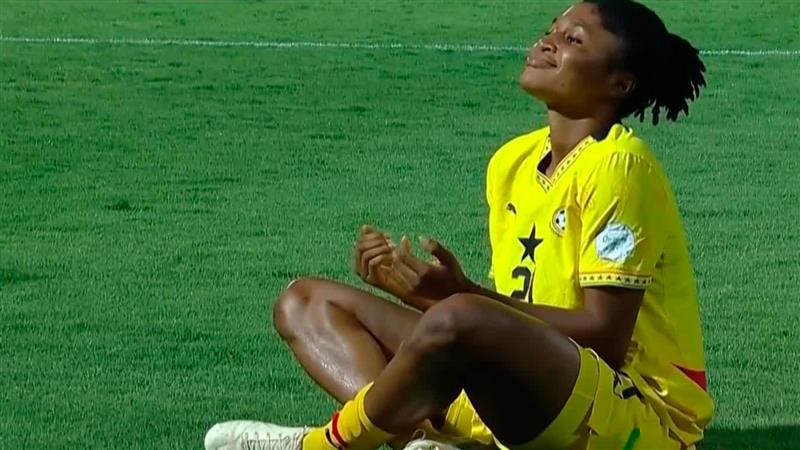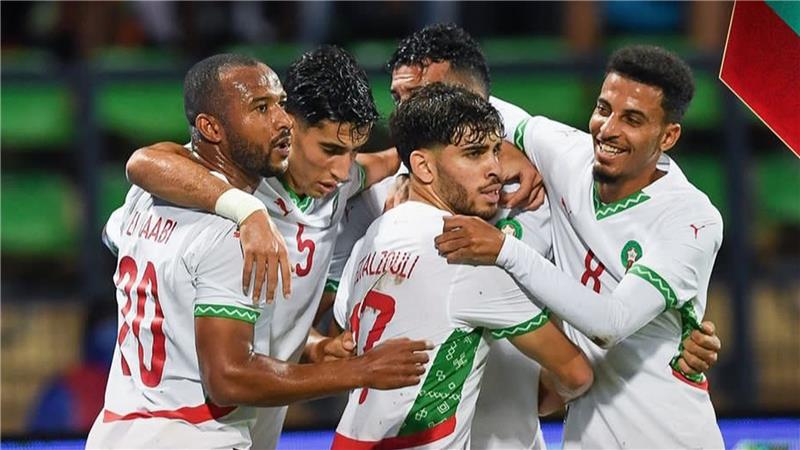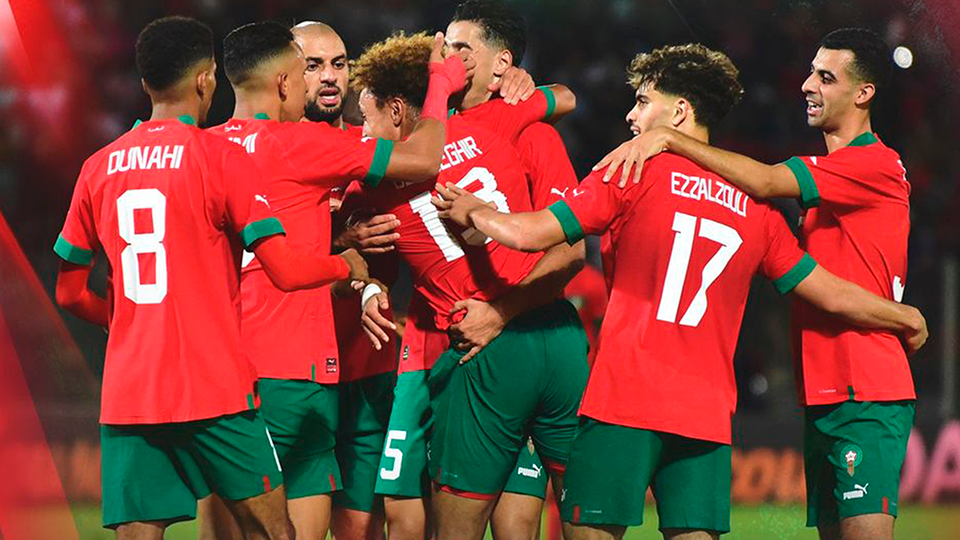- Home >
- Soccer >
- CAF Africa Cup of Nations >
- Morocco vs. Nigeria: How Much Money Does the Women's Africa Cup of Nations Champion Team Earn?
Morocco vs. Nigeria: How Much Money Does the Women's Africa Cup of Nations Champion Team Earn?
The 13th final of the TotalEnergies Women’s Africa Cup of Nations (WAFCON) is being played at the Olympic Stadium in Rabat, where Morocco and Nigeria compete for the title. Two giants of African women’s football.
A historic prize in the Women’s Africa Cup of Nations
Also at stake is a historic prize pool after the Confederation of African Football (CAF) increased the winner’s prize by 100% and the total tournament prize by 45%.
The prize money for the national teams participating in the TotalEnergies Women’s Africa Cup of Nations (WAFCON) Morocco 2024 is as follows:
- Champion: USD 1,000,000
- Runner-up: USD 500,000
- Third place: USD 350,000
- Fourth place: USD 300,000
- Quarterfinalists (4 teams): USD 200,000 per team
- Third in group: USD 150,000
- Fourth in group (3 teams): USD 125,000 per team
Morocco - Nigeria: The Final of a New Era
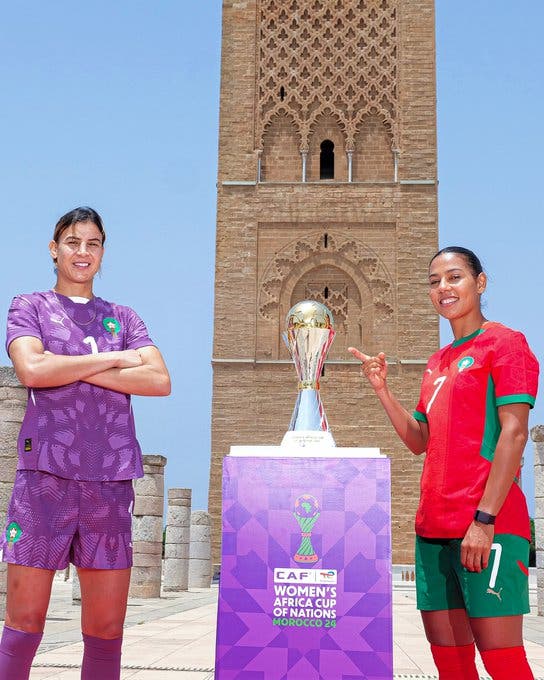
This 2024 edition has been marked by the spectacular rise of the Atlas Lionesses, led by Jorge Vilda, while the Super Falcons, under Justin Madugu, aim for their 10th continental title. This clash between a dominant Morocco and an experienced Nigeria promises to be a high-flying spectacle, filled with talent, determination, pride, and passion.
A legendary venue for a high-stakes final
The Olympic Stadium in Rabat, with a capacity of 21,000 spectators, is the perfect setting for this grand night.
“Playing in front of our fans is an immense source of energy. This stadium is more than a pitch; it’s an arena where our dreams can come true,” said Jorge Vilda, the Spanish coach of Morocco, fully aware of the importance of this match for his team and country.
His counterpart, Madugu, Nigeria’s coach, knows they must withstand the local pressure:
“We know what’s at stake and the intensity of the Moroccan crowd. But our players have experience in major finals and know how to handle these types of matches.”
Morocco: A football revolution in motion
With their second consecutive final, the Atlas Lionesses have confirmed their status as a continental powerhouse. Their collective play, orchestrated by Vilda, impresses with its fluidity, tactical discipline, and fighting spirit.
“Our strength lies in our cohesion. We’ve worked hard to get here. Every player knows their role on the field,” Vilda emphasizes. The former Spain coach has instilled tactical rigor and a winning mentality in a team that is finding its identity.
In attack, Morocco boasts brilliant talents like captain Ghizlane Chebbak and Ibtissam Jraidi, capable of making a difference at any moment. For the Moroccan coaching staff, this final also represents a symbolic step in the development of women’s football in the country, a discipline experiencing a boom thanks to the support of the federation and modern infrastructure.
Nigeria: A continental heavyweight, still formidable
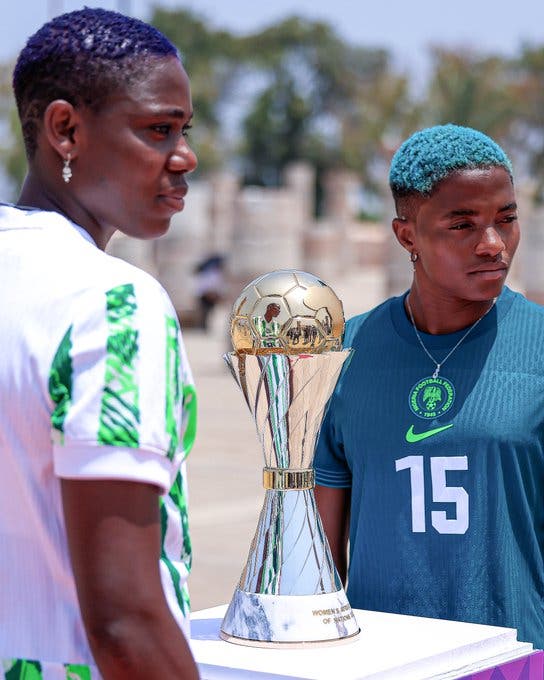
Nigeria remains the undisputed benchmark of African women’s football. With nine titles to their name, the Super Falcons command respect. Their history is filled with generations of talented players and a deeply rooted winning culture. Madugu relies on a balance between youth and experience:
“We have a highly motivated group, aware of the pressure of a final. They’re ready to give it their all,” he affirms.
Nigeria has repeatedly shown they can raise their level when competition intensifies. Their collective strength, imposing physicality, and ability to counterattack effectively make them a formidable team. This final is an opportunity to continue writing their legacy and silence those who believe Nigerian women’s football is losing ground.
Tactical duel: Vilda vs. Madugu
On the benches, Vilda and Madugu face off in a strategic battle. The Spaniard, known for his methodical style, has instilled discipline and a game based on ball control and intelligent pressing.
Madugu, on the other hand, opts for direct, energetic football, aiming to exploit the speed and physical power of his forwards. This tactical contrast makes the match even more compelling.
“It will be an intense match where every detail matters,” warns Vilda. “We must be ready to counter their strengths while imposing our rhythm.” Meanwhile, Madugu trusts the confidence his players have gained during the tournament: “We know Morocco is strong, but we have our own game plan.”
Symbolic value and what’s at stake
For Morocco, a victory would be a historic milestone: the first in national women’s football. This triumph would symbolize the emergence of a new African powerhouse, capable of competing with the best.
“It’s not just a match. It’s a message to the entire country. Women’s football is taking giant steps, and this final is the opportunity to show the world we belong in the elite,” Vilda sums up.
For Nigeria, it’s about legacy and pride. Winning a 10th title would reinforce their status as an unquestionable powerhouse and solidify their dominance. It would also prove they remain at the top despite the growth of other nations.
This Saturday in Rabat, it’s not just about two teams. The history of African women’s football is being written, with a glorious past and a promising future. Nigeria, guardians of a winning tradition, and Morocco, a symbol of an ambitious renaissance, will deliver an intense, technical, and passionate display of high-level football.
The final at the Olympic Stadium in Rabat promises a night of celebration and strong emotions, where every pass, every tackle, and every shot could change the destiny of this exceptional duel.










